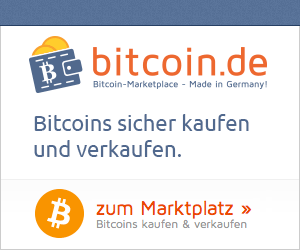Germany’s central bank supports the use of blockchain technology
- cryptovest
- 29. Okt. 2018
- 2 Min. Lesezeit

Germany’s central bank, The Deutsche Bundesbank, and stock exchange operator Deutsche Boerse are supporting the use of blockchain technology for settlements. The decision comes after a recent successful pilot that was conducted based on Hyperledger Fabric and the blockchain platform provided by New York-based Digital Asset. The pilot was run over a period of two years, during which the two prototypes acted as a sandbox for trialing blockchain-powered securities settlement solutions. The settlement tests revolved around the entire lifecycle of debt issuance, settlement, corporate actions, redemption, and cash transfer, with the latter incorporating the delivery of digital coins, the transaction between market participants, and settlement of cash payments. Deutsche Bundesbank concluded that the experiments demonstrated that both Hyperledger Fabric and the platform from Digital Asset could be successfully used for the “productive operation of a realistic financial market infrastructure.”
Burkhard Balz, a member of the Deutsche Bundesbank executive board, commented:
“During this project, Deutsche Bundesbank and Deutsche Börse learned a lot about the usage of this technology and its concrete implementation. We expect the rapid development to continue, and also see the potential in using it for high-volume applications. The approach of a permissioned architecture, which takes into account the requirements of the financial sector from the outset, has proven to be right.”
The central bank and the stock exchange operator published a final report touching upon the blockchain pilots. The institutions have found both advantages and disadvantages in the use of distributed ledger technologies (DLT) and are not decided on whether the adoption of a DLT-based infrastructure has substantial benefits, especially when the current system works well. Among the drawbacks, the central bank says that DLT-based applications might require high CPU-usage and might be high latency (for some technology stacks). The positive aspects are the higher resiliency and reduced cost of reconciliation thanks to the shared ledger.



































Kommentare